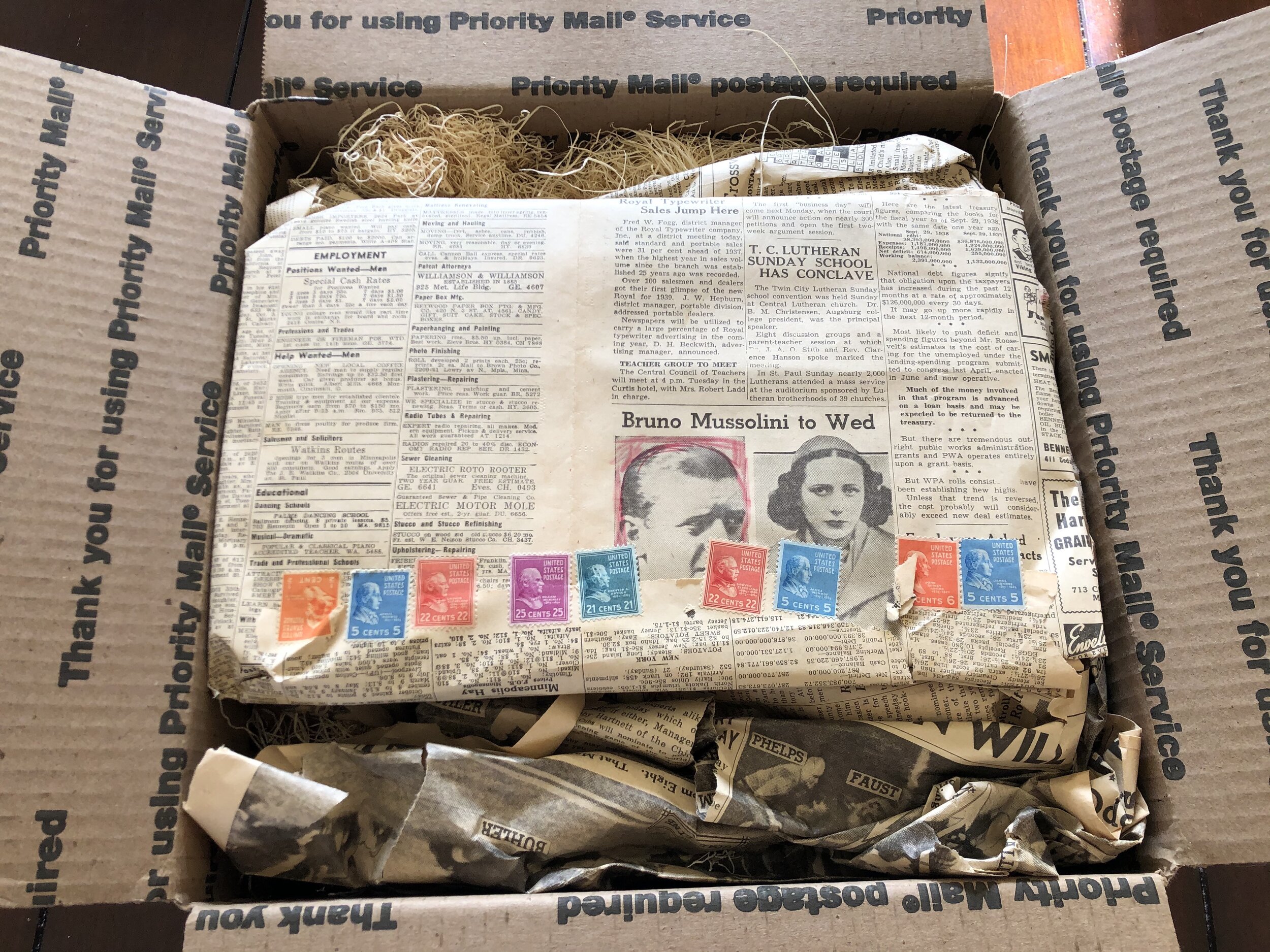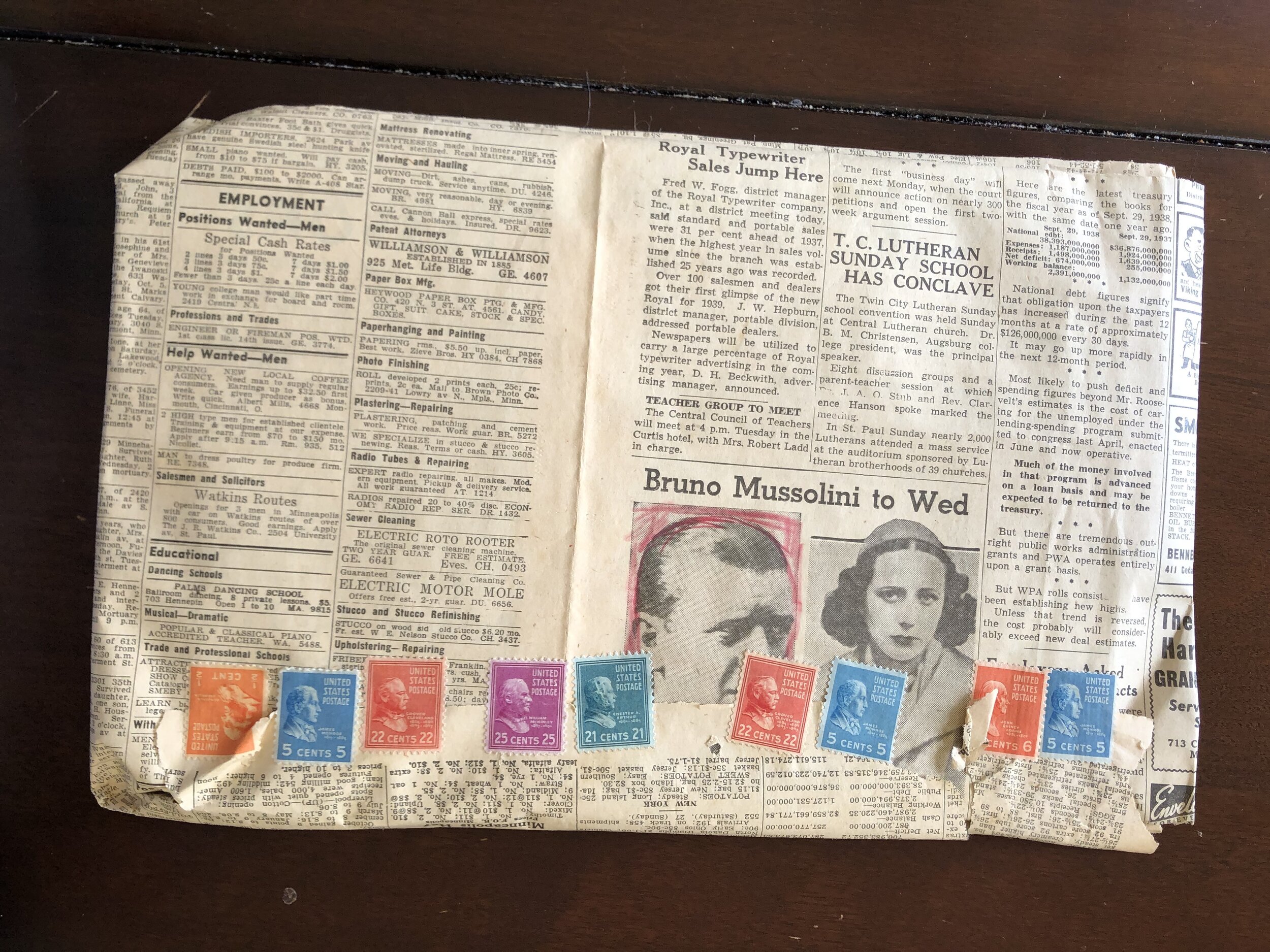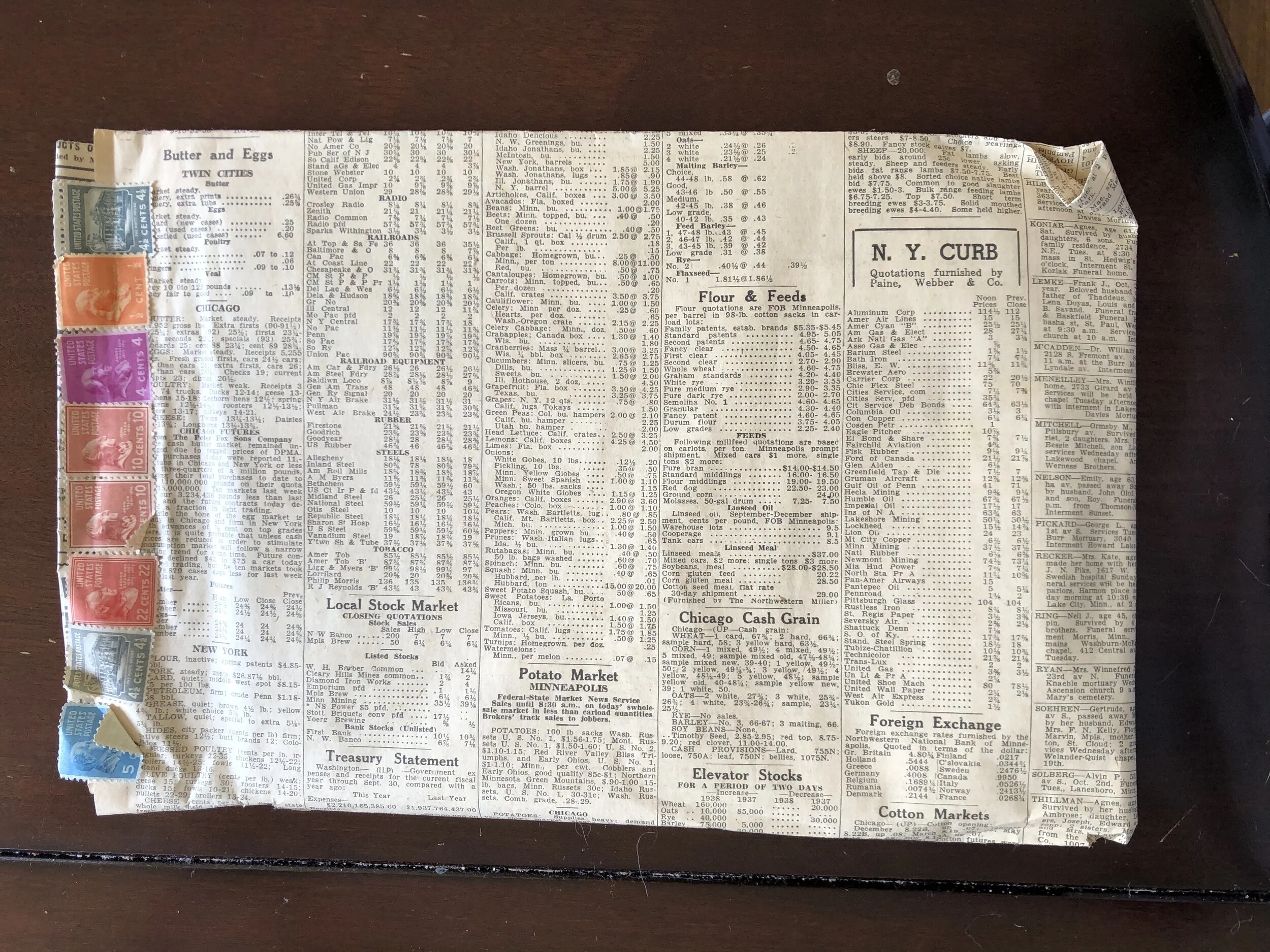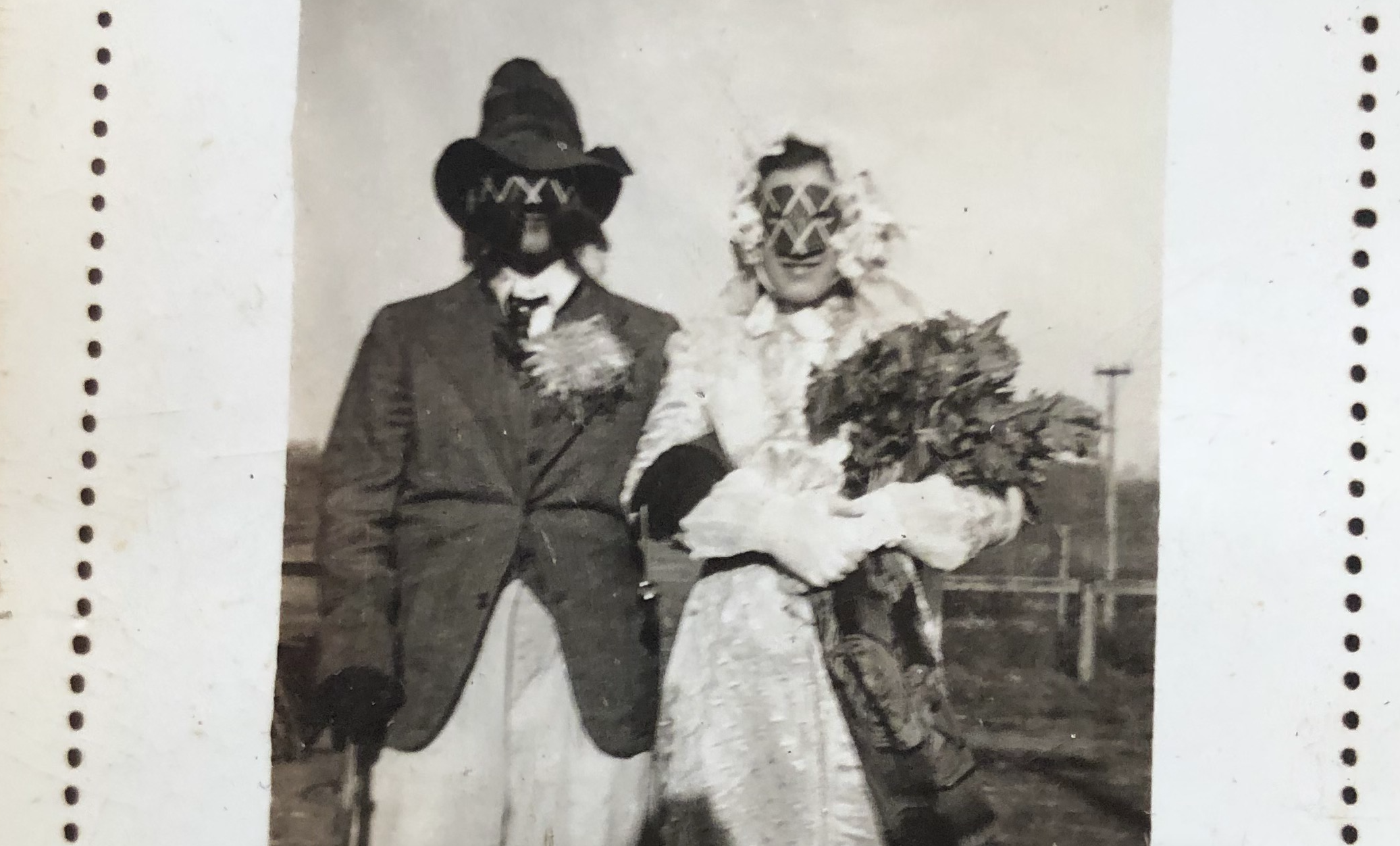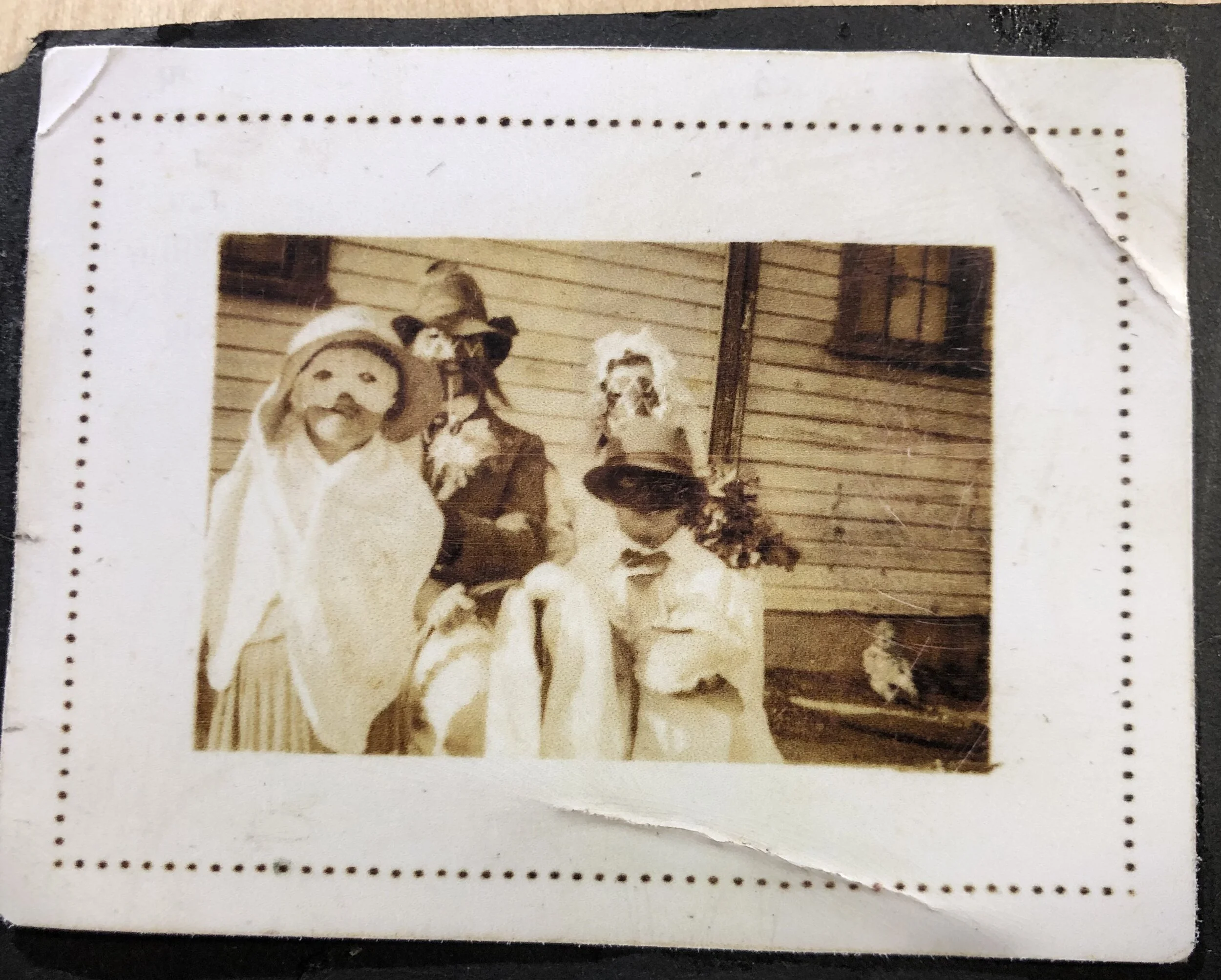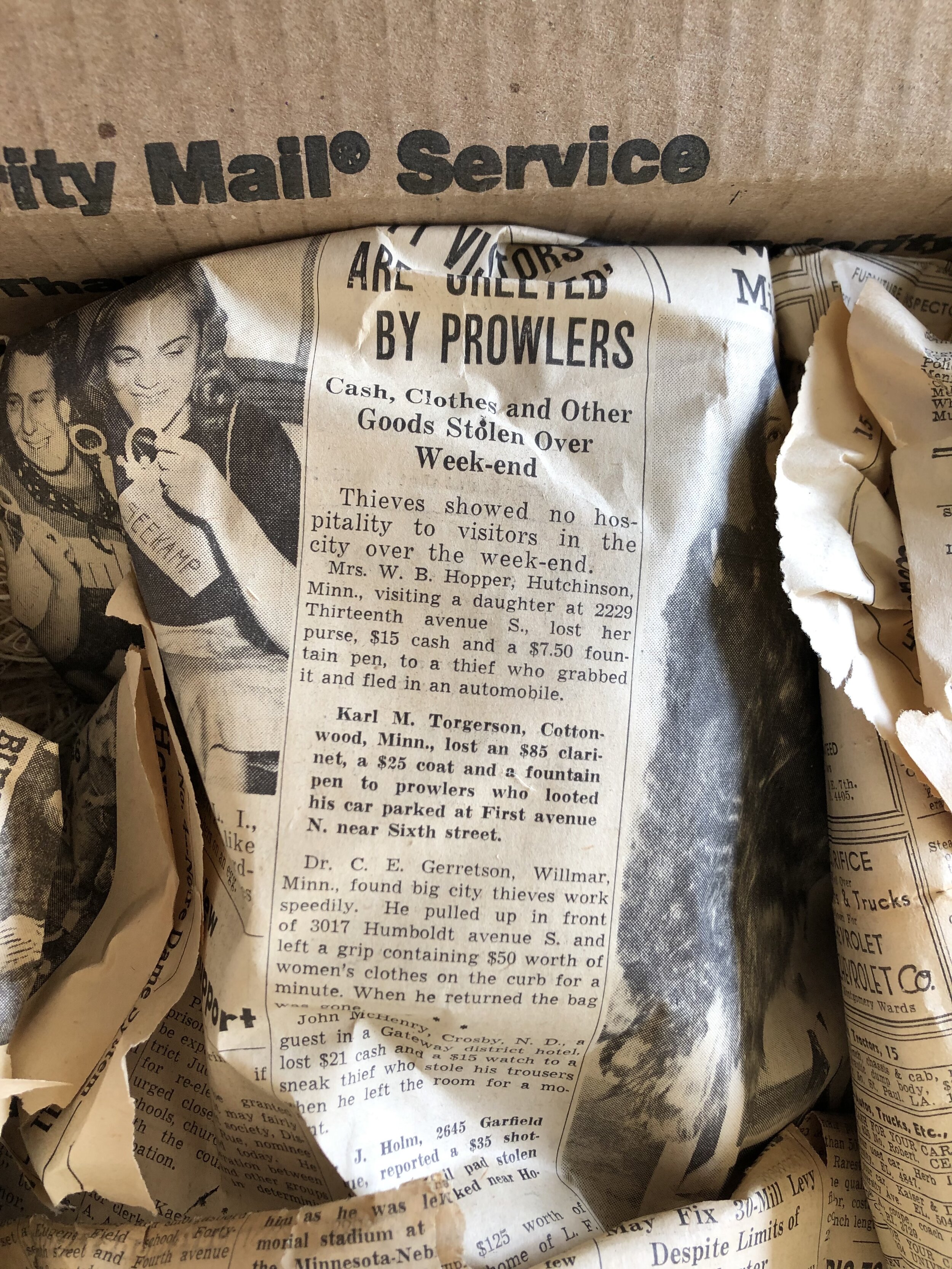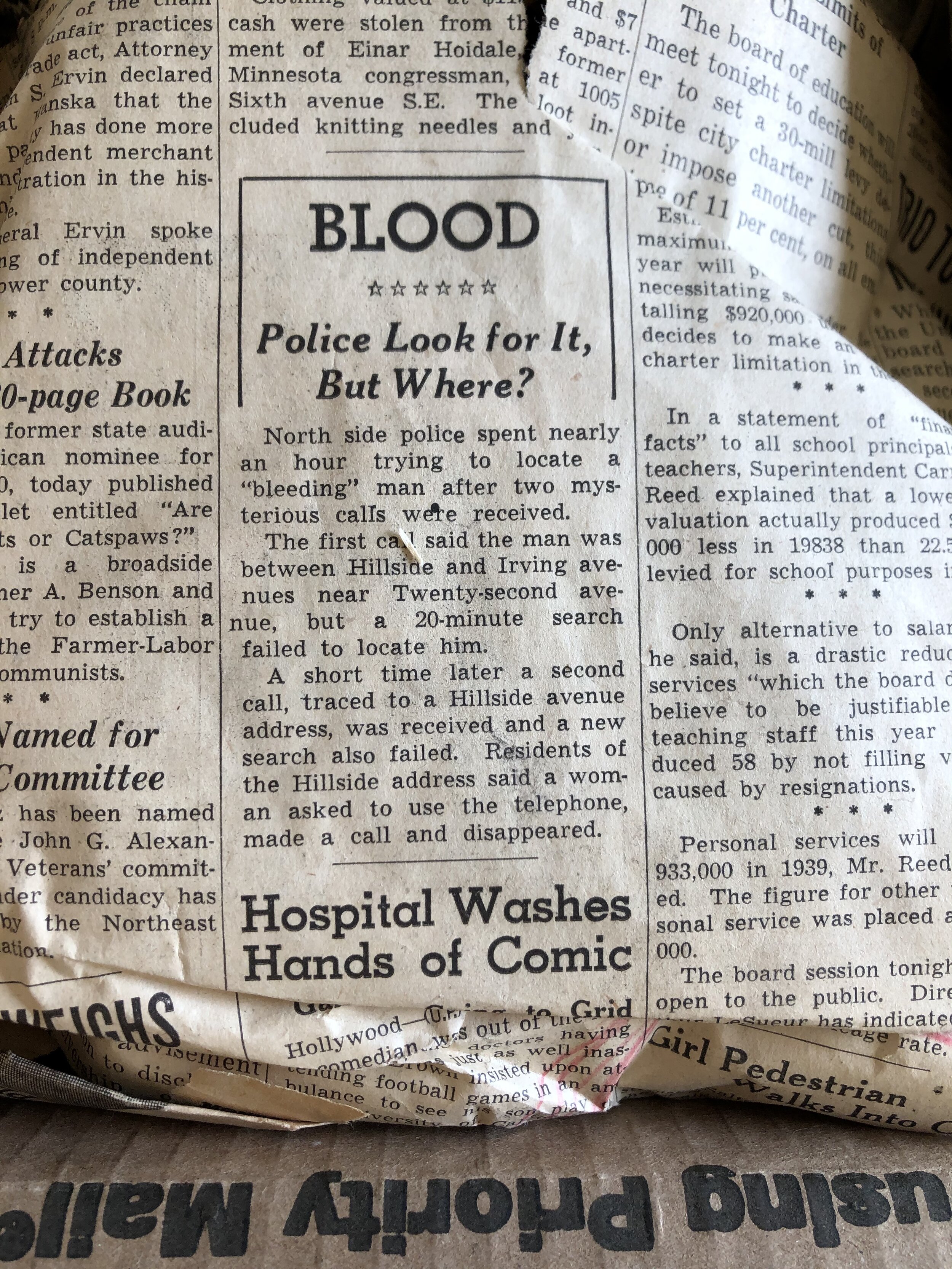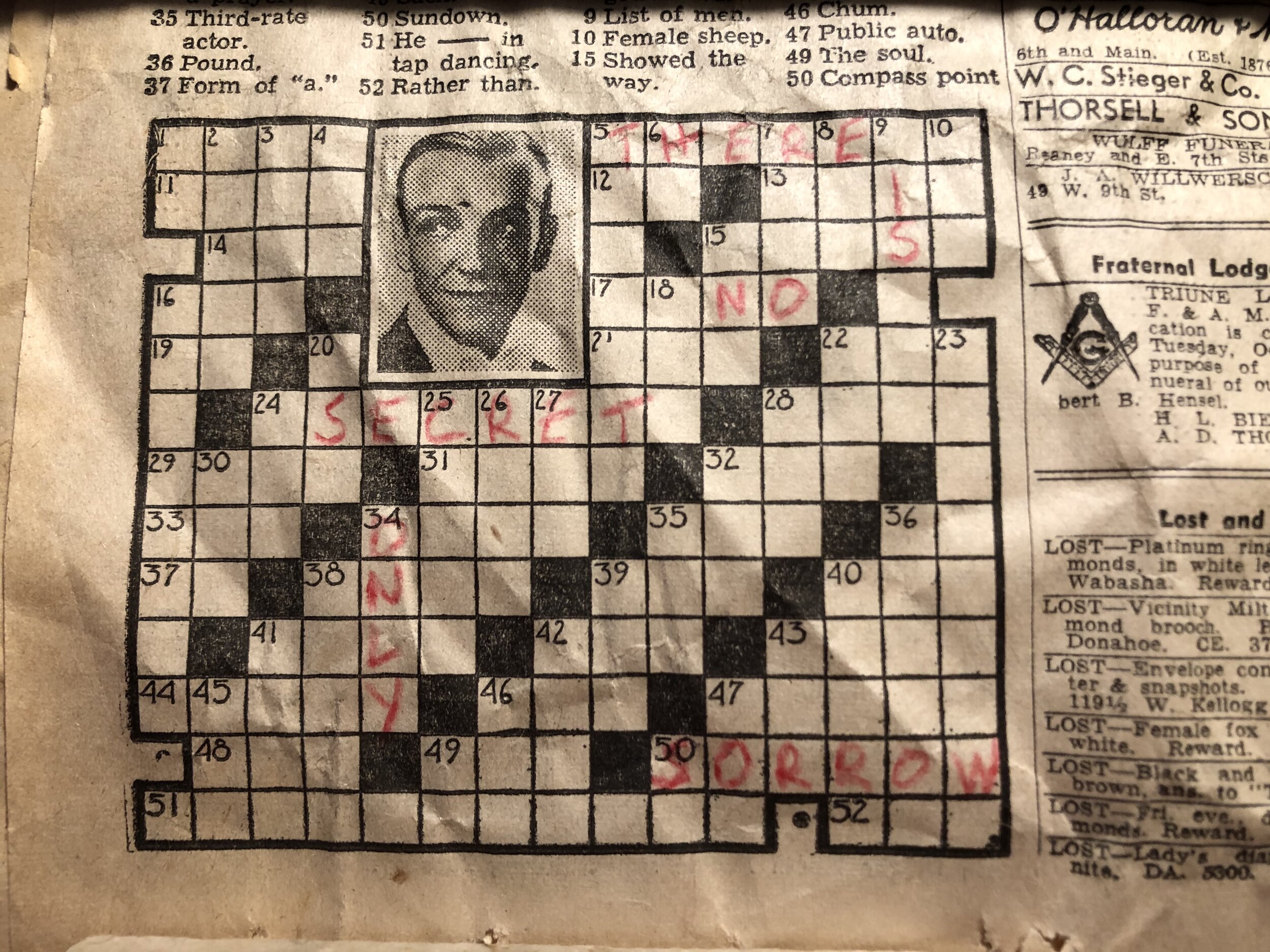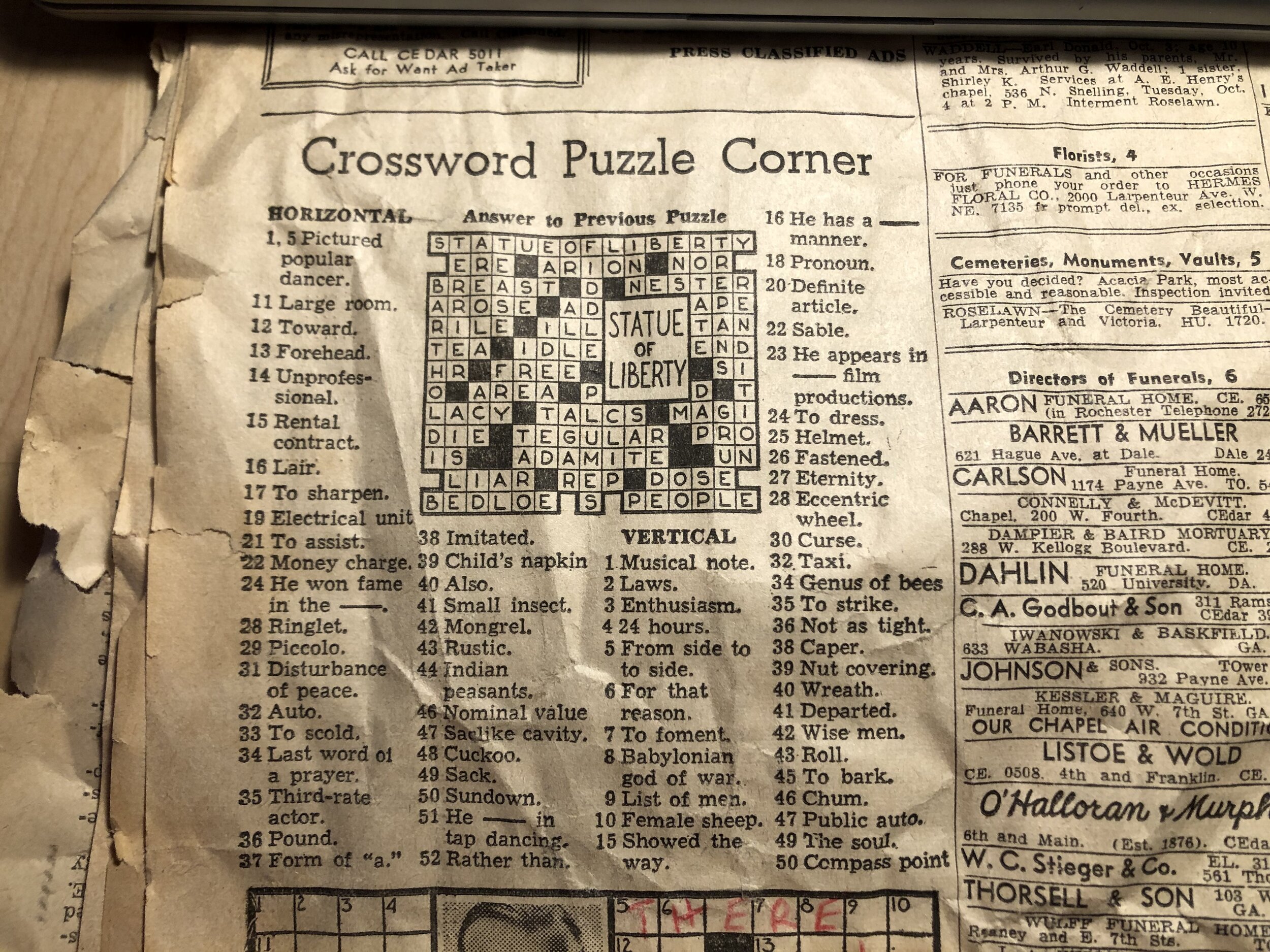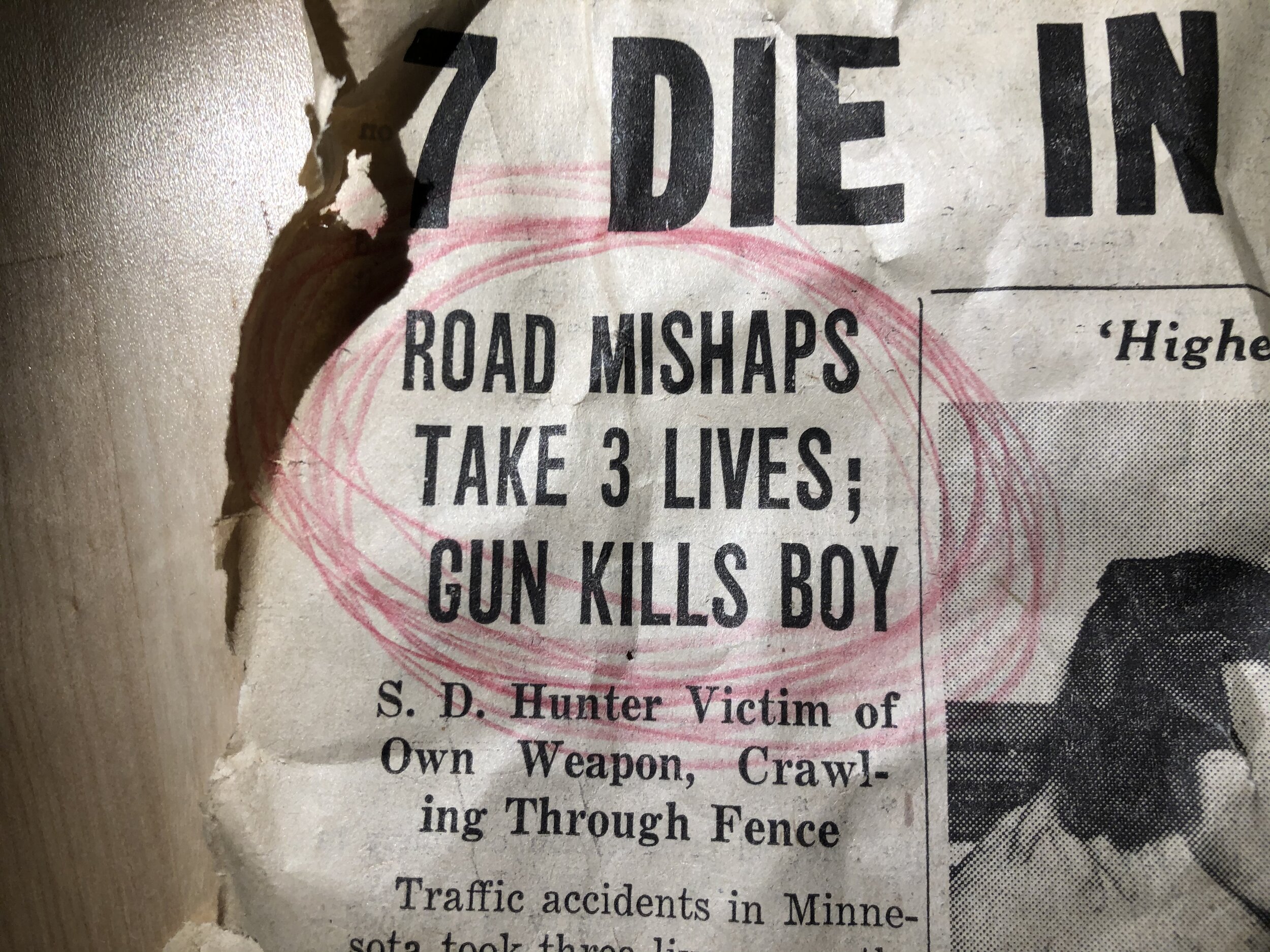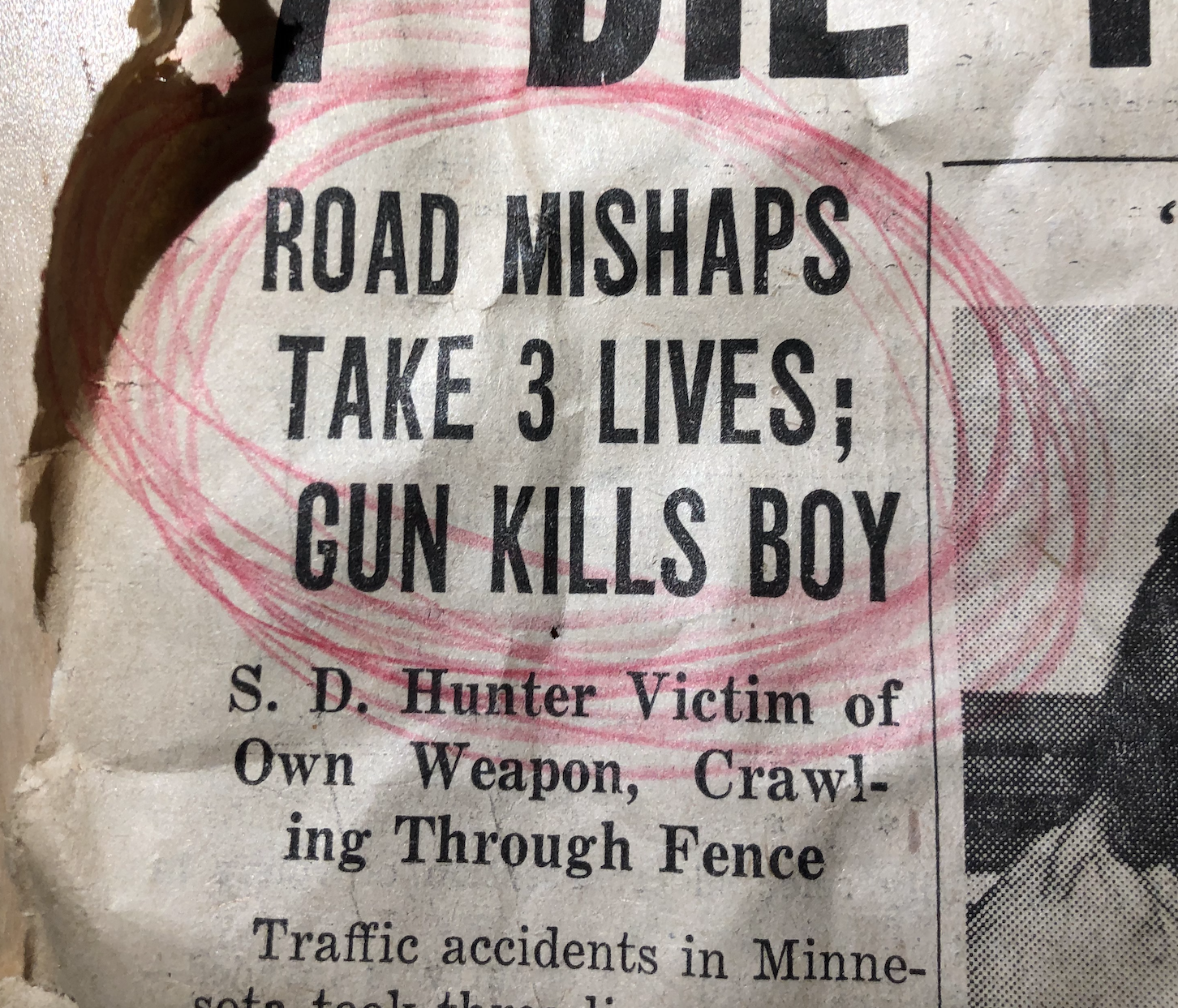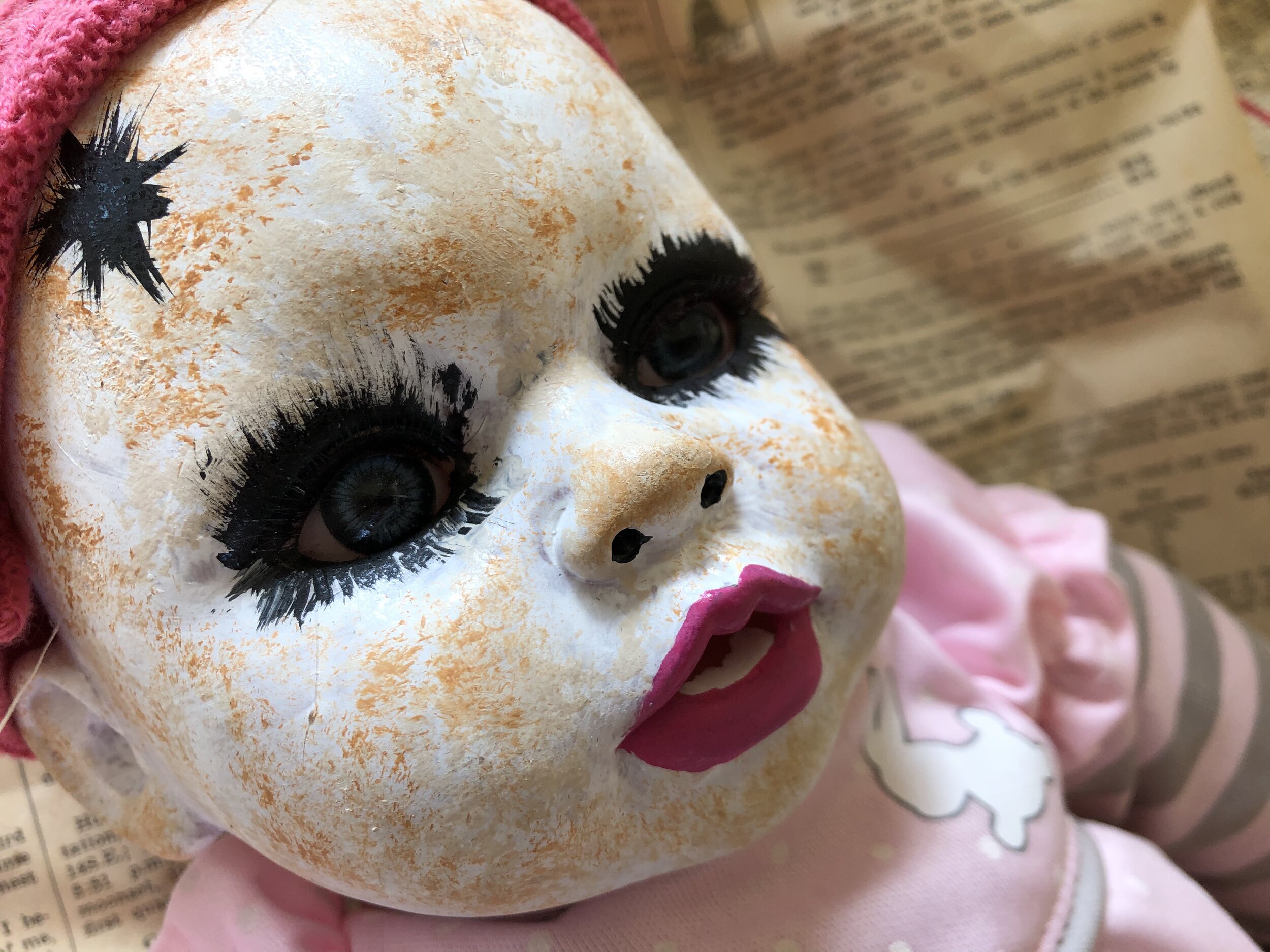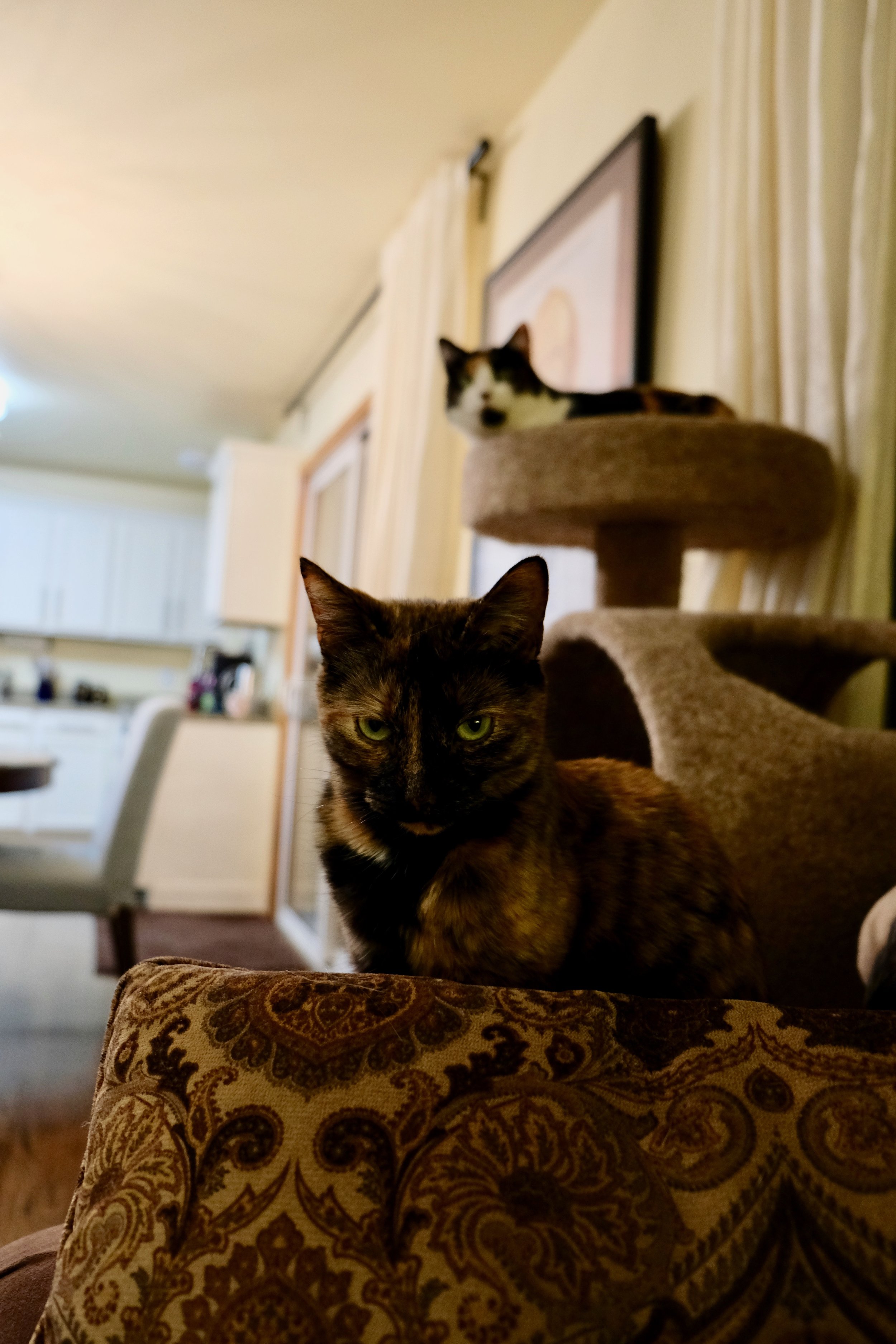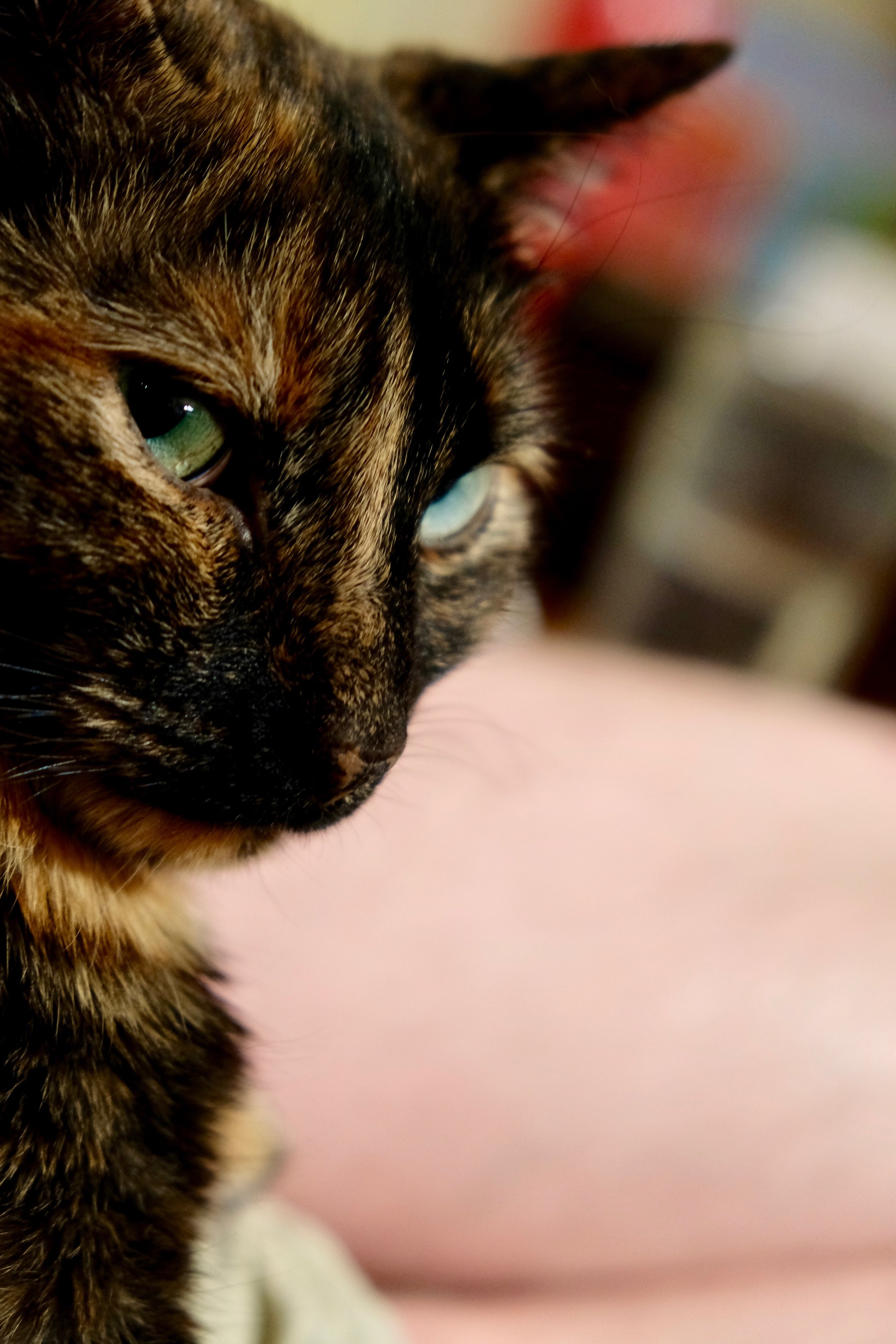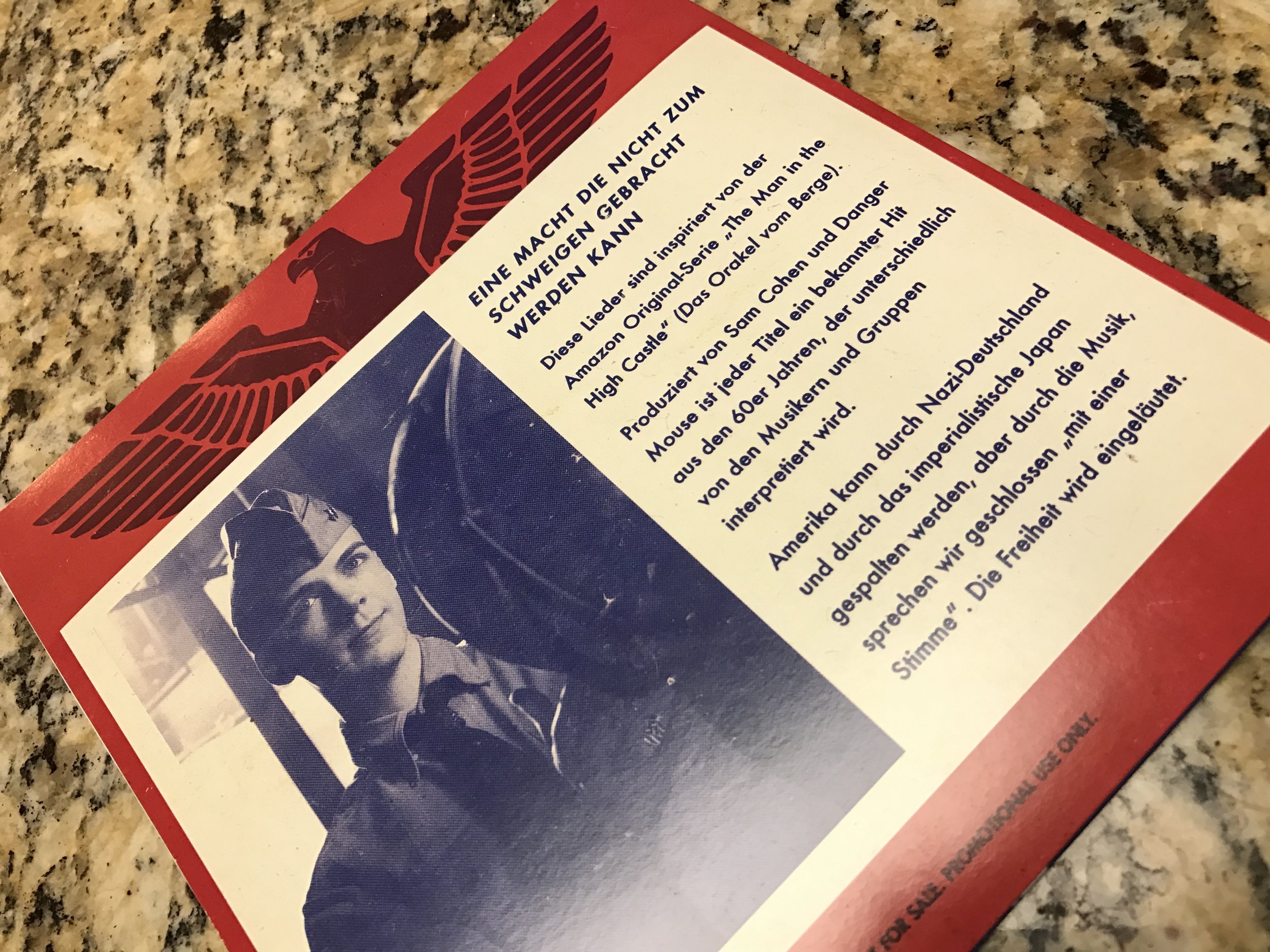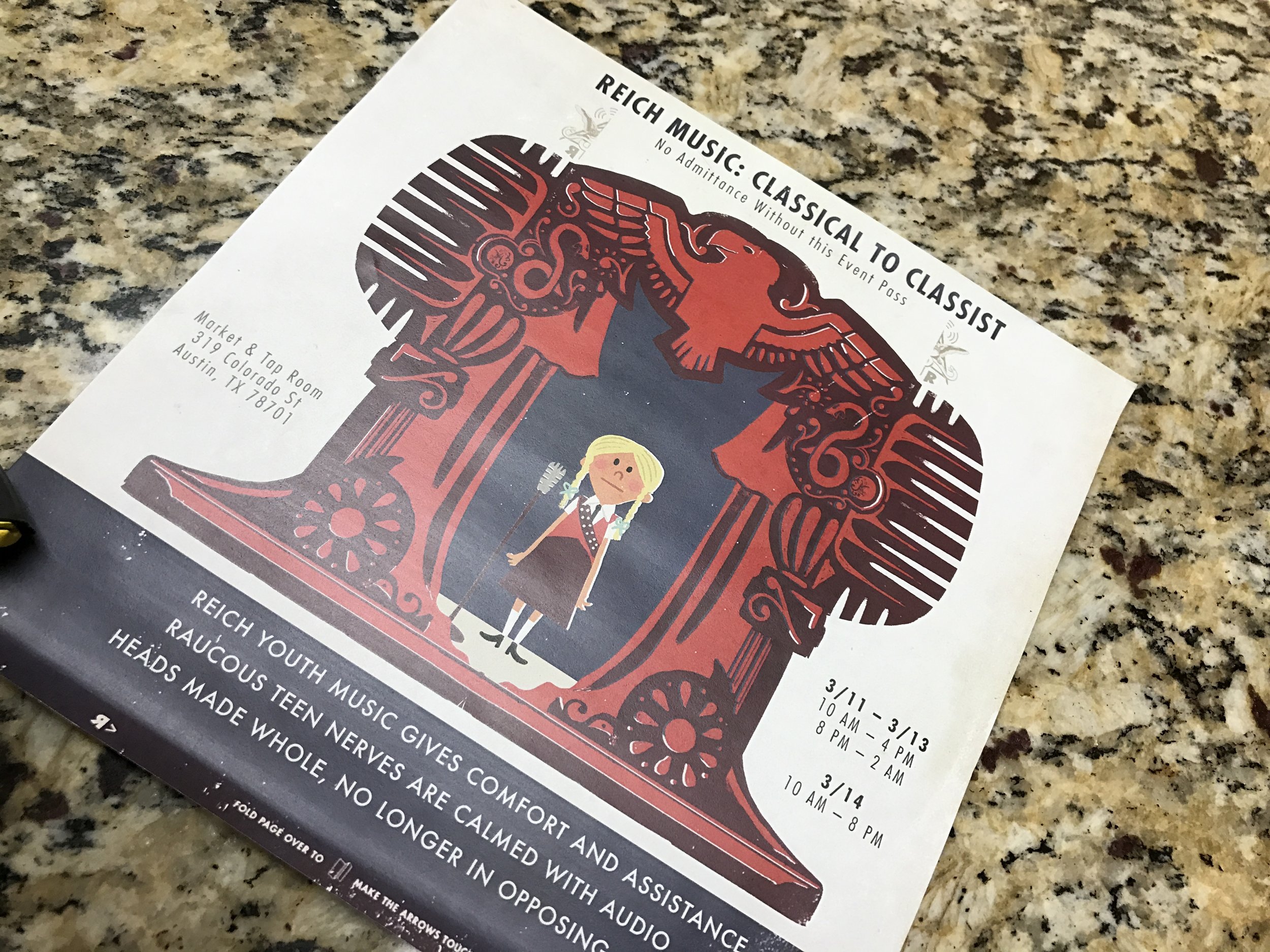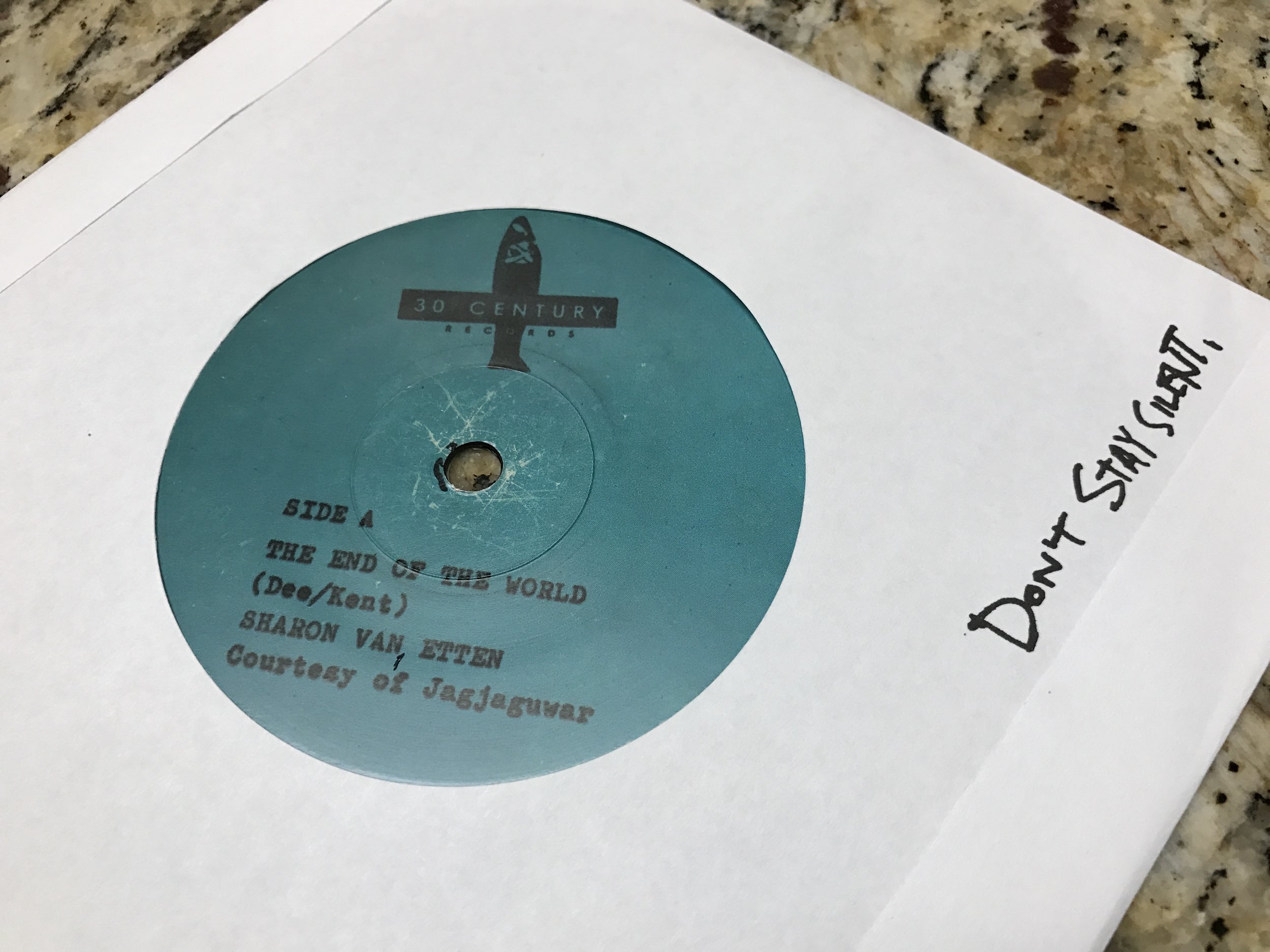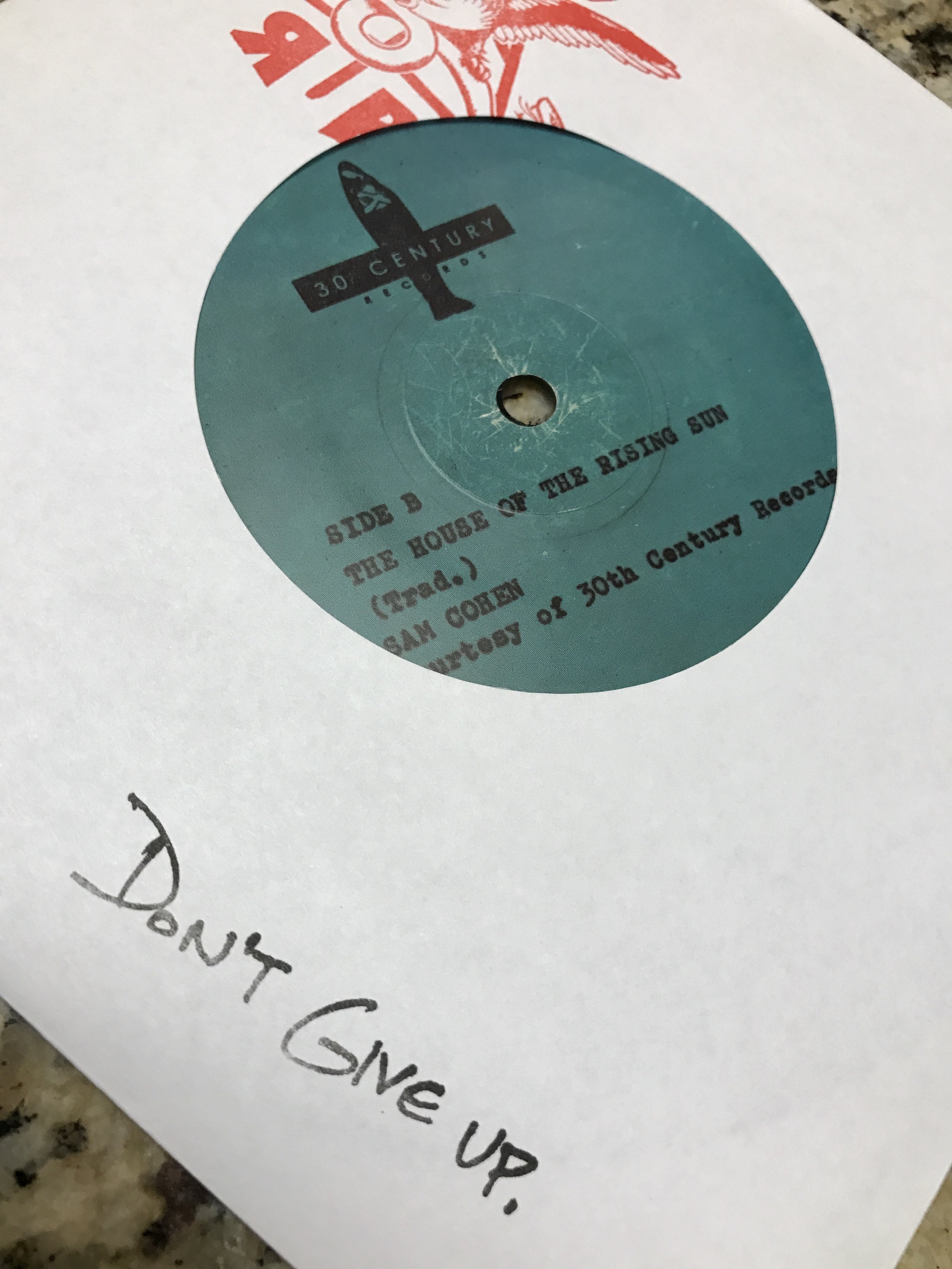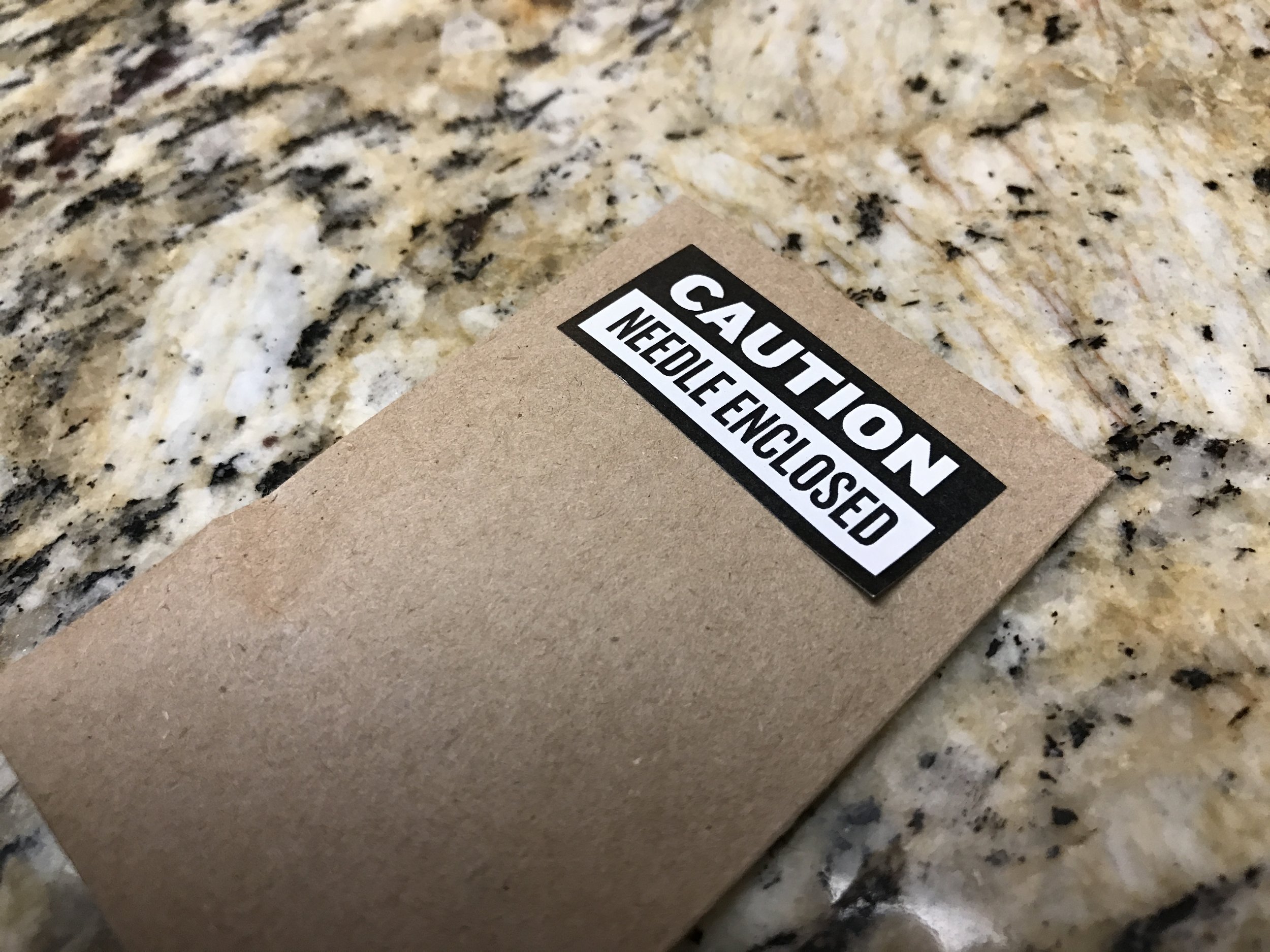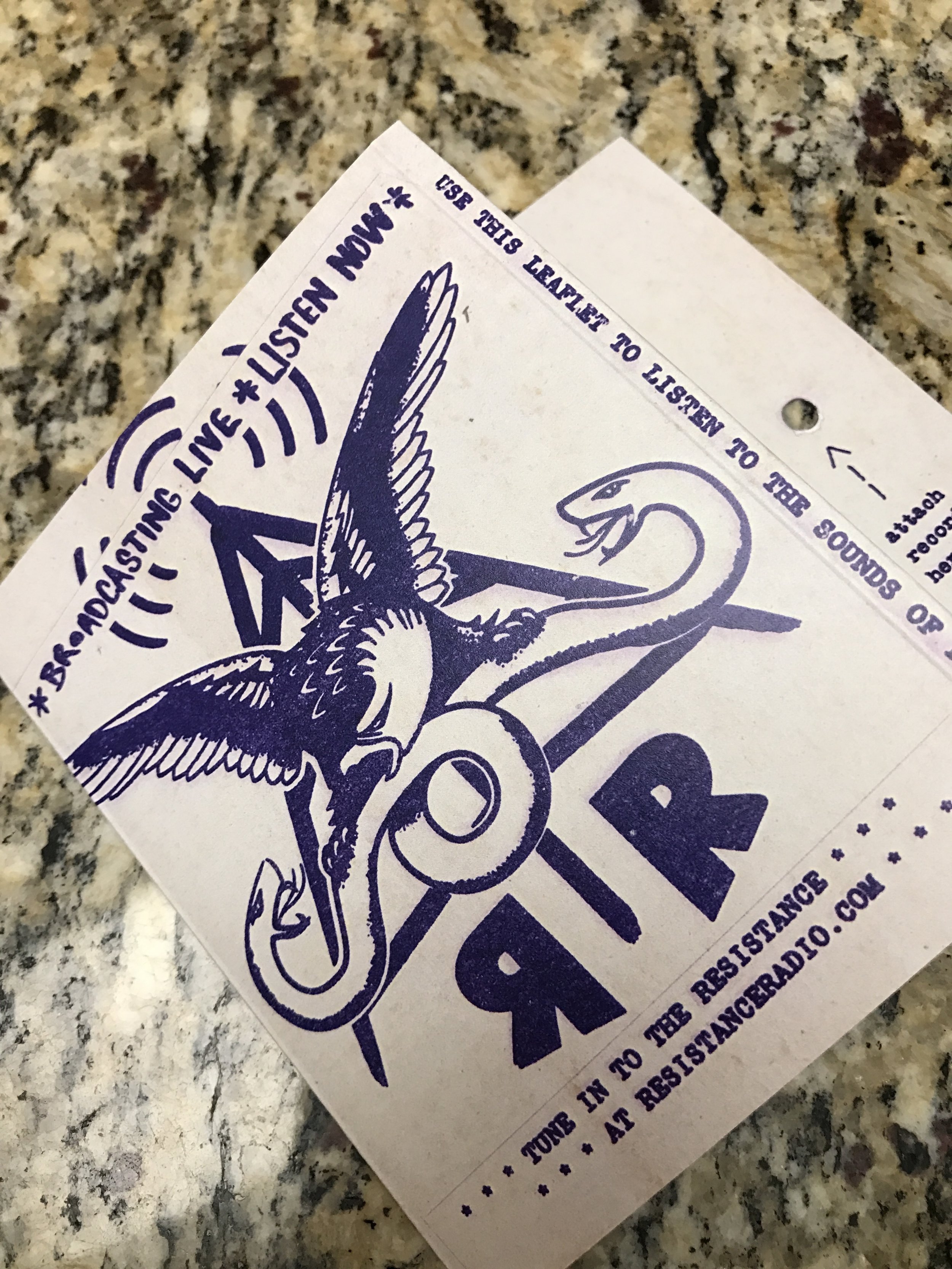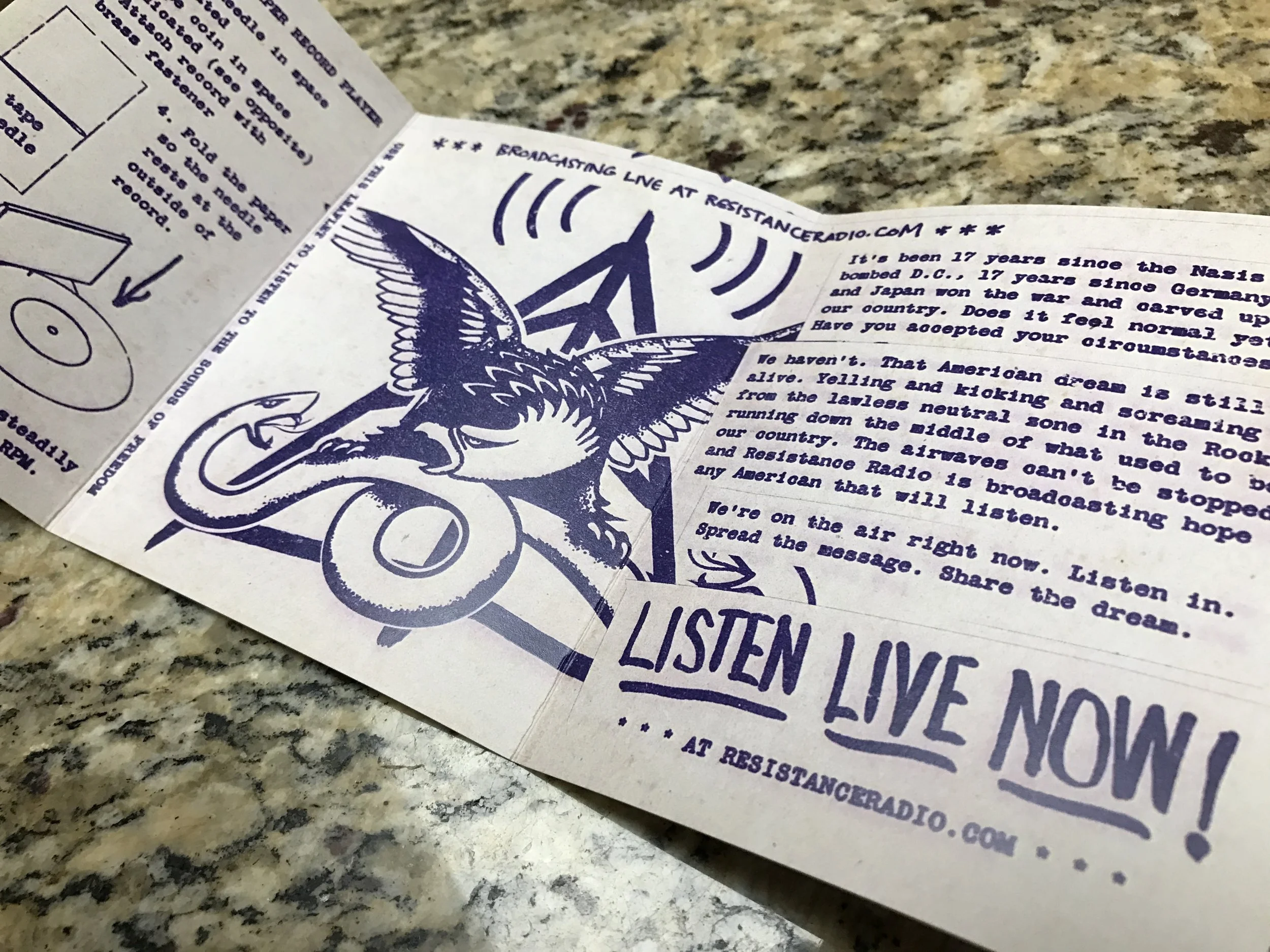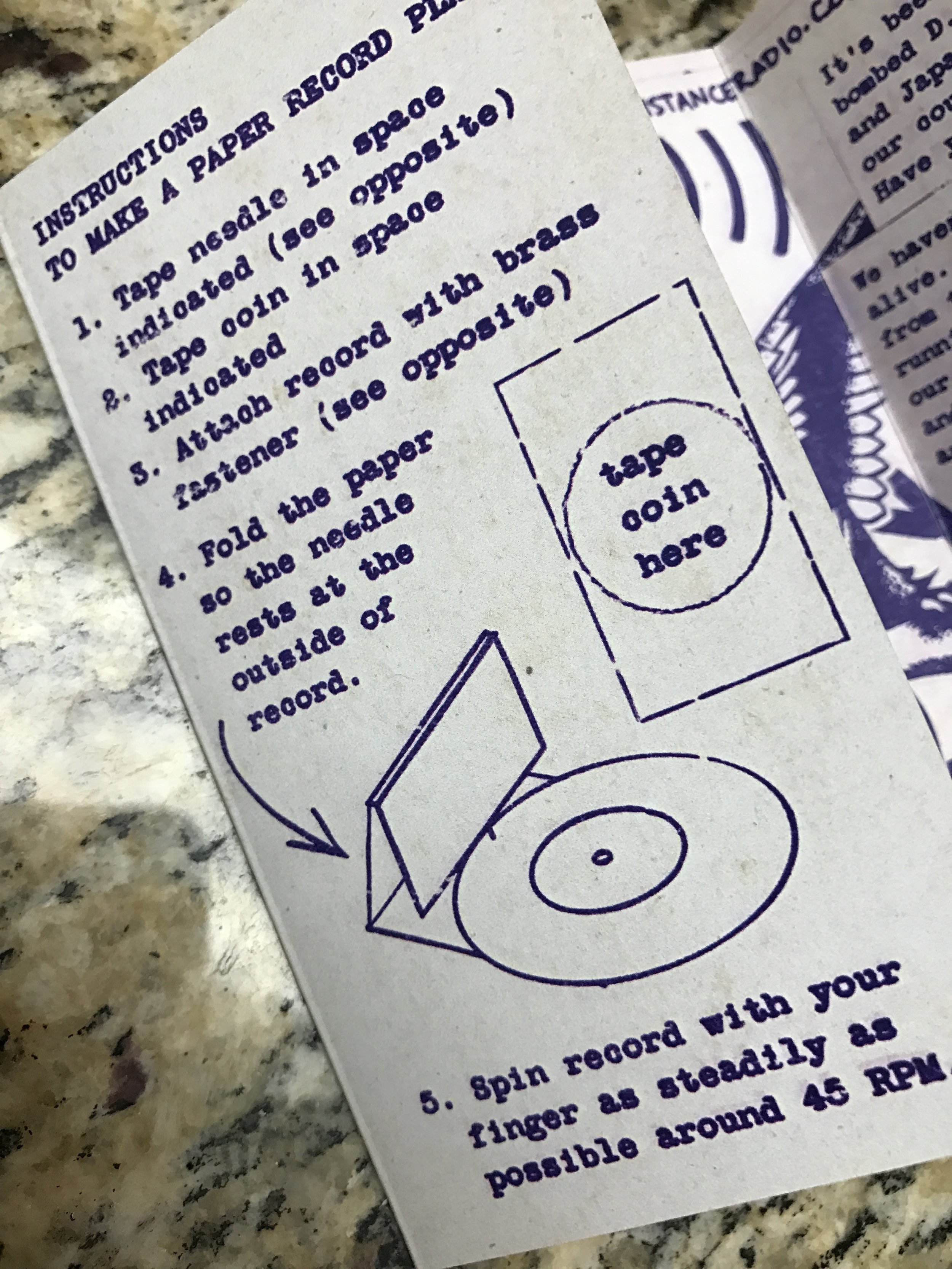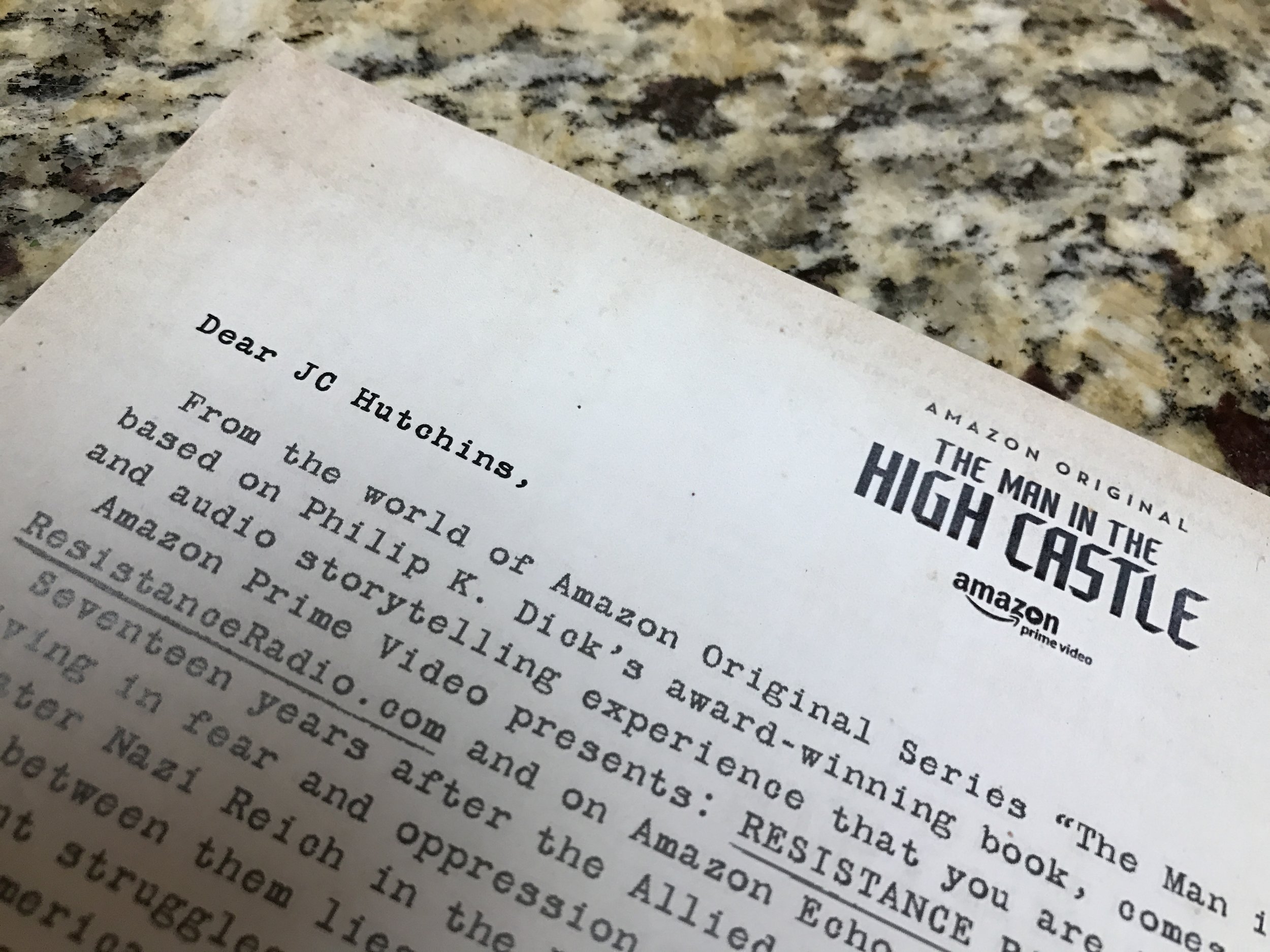What if you realized one day, like a thunderclap, that a major failure you’d experienced a decade ago—one that had broken your heart for nearly every day of those ten years—had never been a failure at all? What if you realized one day that the shame that had haunted you—that had fed off you, that you yourself had fed, and that you’d allowed to define a decade’s worth of self-doubt, inaction and countless missed opportunities—hadn’t needed to be experienced at all?
I recently realized that I'd spent nearly a quarter of my life sifting through smoking ruins that had been created back in 2009. In the decade leading up to that year, I’d written a few books, had dedicated nearly all my free time to podcasting and evangelizing them, and wound up making lifelong, life-changing friends along the way.
What began as a lark evolved into a mission, and eventually became an obsession: publication. I desperately wanted my books to be published. I needed them to be published. I needed that because I needed my talents to be validated in a way that I was emotionally incapable of doing myself. This is never a wise reason to pursue a goal, but I’m not the first person to pin the fate of my self-worth on the approval of others (rather than responsibly forging that love and confidence within myself), so there you go.
If publication had been the sole motive fueling my obsession, perhaps the past decade would’ve unfolded differently. But it wasn’t enough to see the book on a Barnes & Noble shelf. It needed to be a success. It needed to startle the world with its cleverness and become the kind of financial success story that could enable me to write books full-time for a living. That’s the dream of most writers, and it became my obsession.
In the publishing industry, this dream is rarely achieved. I knew that then. It hardly mattered.
2009 came. Two of my novels—both the first books in planned series—were published. I wept in disbelief when I saw them on bookstore shelves. Neither achieved the kind of success needed to greenlight the publication of the sequels, much less enable me to solely write books for a living.
I was heartbroken. Furious. Isolated. Lost. The novels hadn’t failed; I had failed. I was an unmitigated failure.
I have spent the past 10 years standing in the long shadow of that year. I hated myself. If I’d actually been a talented storyteller, I reckoned, things would’ve been different. Hack. Fraud. It was obvious I was a no-talent fraud, and it was obvious I would always be a no-talent fraud. The world saw me for what I was, and was laughing. I had it coming.
I immediately permitted myself to be enslaved by this thinking. I listened to the voice (in great part because I’d heard a variation of this voice for as long as I could remember), and believed what it said, and fed it my fear, my fear of failure, my creative energy, my optimism, my motivation, my goodness. I became ossified, immovable and unwilling to change. Failure. Fraud. You goddamned fool. You broken bulb. You unremarkable thing. You deserved this.
I haven’t invested a consistent effort in writing fiction ever since.
I’ve spent the past few years trying to unlisten to this sly voice in my ear and unwrap its familiar arms from my chest. I’ve made pockets of progress here and there—and have created a handful of beautiful things along the way—and I’m proud of that. But the darkling lover is persuasive. It knows how I think. It knows precisely what to say. It purrs.
It tells me that it is far easier to sit here—right here in the dark, right here where the surroundings are known, though terrible—than to stand up and walk out the door into sunlit uncharted territory. It’s the Devil you know, after all.
But then the thunderclap came last week, as I meditated. My perspective shifted entirely. I had not failed in 2009, I suddenly saw. I had never, ever failed. I had succeeded. I had soared.
It is the dream of practically every writer to craft a story that seizes the imaginations of readers and pulls them into a place where they—if only for a few hours—no longer think about their own lives, or their own seductive anxieties, or their responsibilities. I realized, perhaps for the first time in a thoughtful and contented way, that my books have unequivocally done that very thing.
I realized, perhaps for the first time in a thoughtful and contented way, that my books have been enjoyed by many tens of thousands of people—real actual flesh-and-blood people with families and jobs and friends. True lives, across the globe, impacted in some small way by my words.
I realized, perhaps for the first time in a thoughtful and contented way, that the chances of a novel being published by a major publisher are infinitesimally small … and that the chances of seeing that book in a brick-and-mortar bookstore are smaller still. As I meditated, I cried in disbelief all over again. My books had beaten the odds.
Writers write. They write the very best tale their talents and time will allow. The luckiest ones have the great (greatest?) honor of having their work purchased by a publisher and sent out into the world, for all to see.
What the world does then has little, if anything, to do with the author. The tale is as good as it can be. It finds a home in a great many minds and hearts, or it doesn’t. But its purpose for being—to be excavated from the mind, to become, to be set free—has been achieved in the most glorious of ways. It exists.
I see the world more clearly now, but ache for my missteps. I regret spending most of my life not having the emotional ability to appropriately see my talents for what they are. I regret falling prey to a lifelong all-or-nothing mindset that equated realistic outcomes and learning experiences with outright failure. I regret cozying up to the ravenous, nihilistic snake-self within me that insisted that indecision was always the best-possible decision, and that Staying Right Here was always better than Going Out There.
All of which is a longwinded way of saying that I was born to write books, and to entertain people, and to provide a brief respite from an ever-hostile world, and that’s it. Success isn’t publication. Success isn’t making a full-time wage from writing fiction. Success is found in the doing of the thing, in its becoming, in the process of blossoming into a thing that rightly and truly exists.
Success is the journey, friends.
I am going to write books again.






